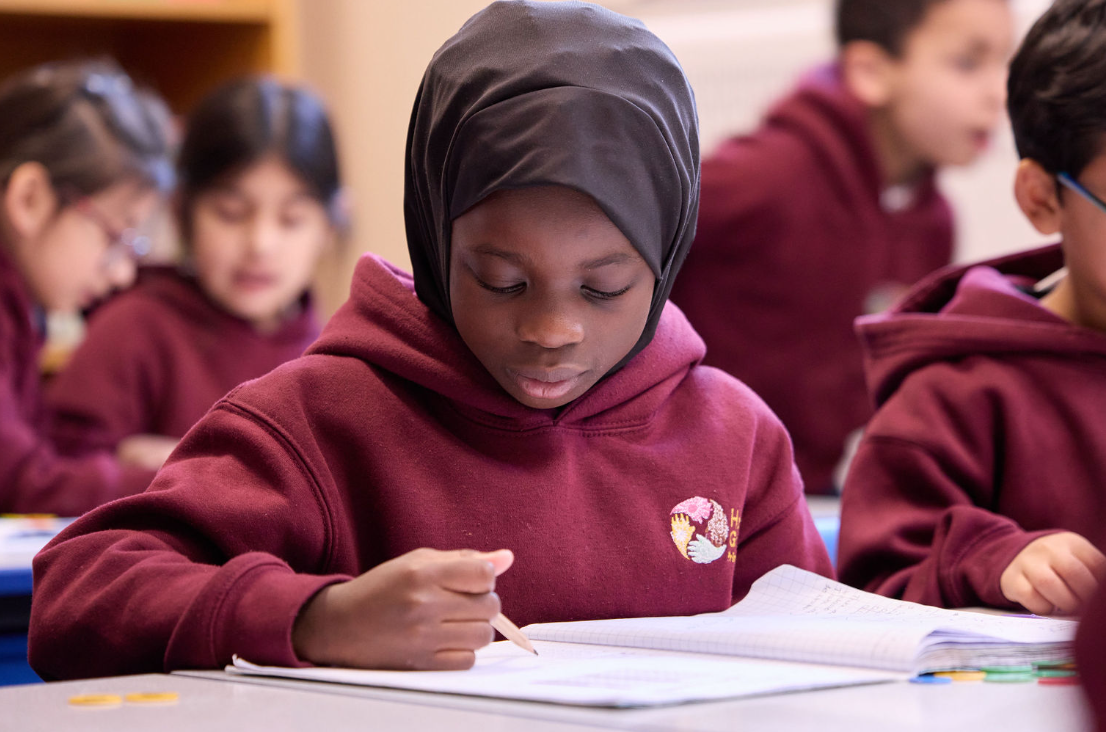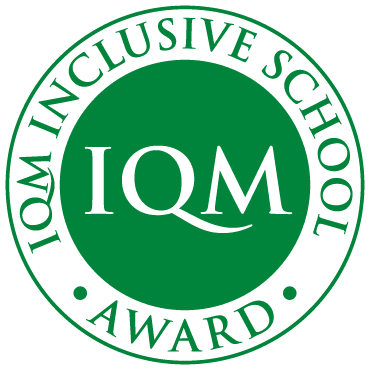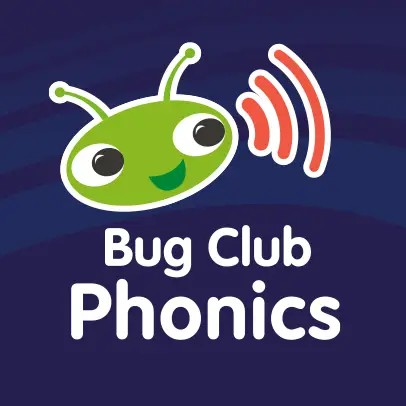English- Writing
At Horton Grange Primary School we believe that Writing is an essential skill that every pupil needs in order to learn and succeed. It involves the ability to communicate ideas, information, and opinions effectively through the printed word, across a variety of contexts. Our goal is to develop pupils who can confidently express themselves in writing, using a range of text types and appropriate vocabulary. To achieve this, we ensure that all pupils have access to the curriculum, with teaching methods that are tailored to meet their individual needs.
Writing is explicitly taught to all pupils in accordance with the current National Curriculum and the Horton Grange Curriculum Maps. Writing is approached in a variety of ways, including incidental writing based on emerging interests or specific events, planned writing integrated into the wider curriculum, or discrete lessons focused on particular writing genres and the learning needs of the class. Pupils are given opportunities to write for different purposes, audiences, and contexts. We consider this a strength of our school and ensure that writing opportunities are consistently incorporated into the curriculum, with clear objectives outlined in each year group’s Long Term Plan.
Early Years
At this stage, the focus is on developing the basic skills required for writing, including fine motor skills, letter formation, and an understanding of how print works. Pupils are encouraged to explore writing through a range of activities that engage their curiosity and imagination, such as mark-making, drawing, and experimenting with letters and symbols. Writing is integrated into play-based learning, allowing pupils to use it in real-life contexts.
Key Stage 1
In Key Stage 1, the intent of writing is to build on the foundational skills from the Early Years Foundation Stage (EYFS) and help pupils become confident, independent writers. The focus is on developing technical writing skills, including sentence structure, punctuation, spelling, and grammar, while encouraging creativity and expression. Pupils are taught to write for various purposes, such as storytelling, informational writing, and creative tasks, with an emphasis on clarity and audience. They learn to form letters correctly, spell common words, and use punctuation marks like capital letters, full stops, and question marks. Pupils are introduced to different text types, such as narratives, instructions, and simple reports, and are encouraged to experiment with these in structured ways. Writing tasks are linked to everyday experiences, making them relevant and purposeful, and pupils are given opportunities for both independent and collaborative writing. By the end of Key Stage 1, pupils should be able to write simple, well-structured texts using appropriate vocabulary, punctuation, and spelling, with writing integrated across the curriculum to reinforce its role as a tool for learning and communication.
Key Stage 2
In Key Stage 2, the aim of writing is to further develop pupils’ skills, enabling them to write accurately, creatively, and purposefully across a range of genres and contexts. Building on from what has been learned in Key Stage 1, the focus is on refining technical aspects such as sentence structure, punctuation, grammar, and spelling, while encouraging effective communication tailored to different audiences and purposes. Pupils learn to organise and structure their writing, develop characters and settings, and use advanced vocabulary and punctuation. Critical thinking is emphasised, with a focus on persuasive, analytical, and informative writing. Writing is integrated across subjects like History, Science, and Geography, giving pupils the opportunity to apply their skills in diverse contexts. By the end of Key Stage 2, the goal is for pupils to be confident, independent writers who can produce well-structured, clear, and engaging texts that communicate their ideas effectively.







